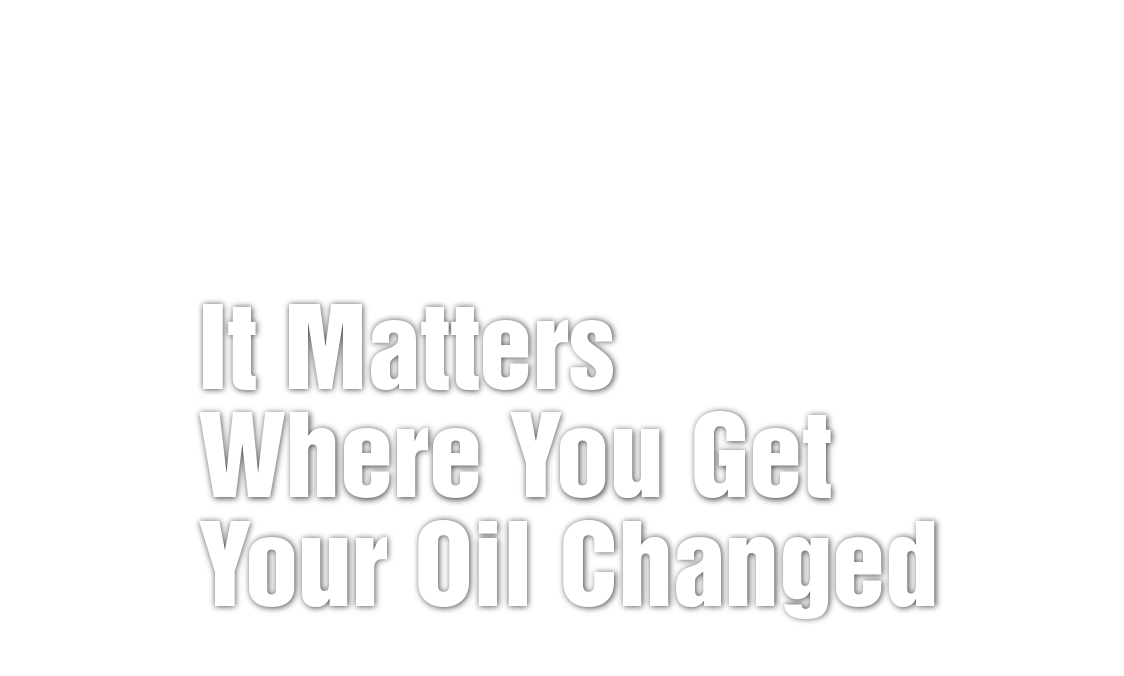Positive and Negative (Battery Care)
December 18, 2022
You notice when your smartphone's battery starts to go weak on you. It runs out of juice faster than it did when it was new. Bet you pay attention to that pretty closely.
Unfortunately, many of us don't pay the same attention to the battery in our vehicles. If your battery got you through the cold-weather months, you might be thinking you're all set until next winter. But you might be surprised to learn this: Hot weather is harder on a battery than cold weather. (Note: we're talking about a conventional vehicle here, not an all-electric, plug-in one.)
The way your vehicle's battery holds a charge is that it has chemicals inside it, and they react with each other to produce electricity. A vehicle battery discharges electricity and then needs to be recharged. Unlike your smartphone that you plug in each night to charge, the way a vehicle's battery gets recharged is by using the mechanical energy of the engine. It's a pretty cool system that's been around for a while. An alternator changes the mechanical energy into electricity that then charges the battery. And your vehicle is designed to charge it just the right amount with a voltage regulator. If your battery constantly gets too much voltage, it could stop holding a charge.
Another way a vehicle battery loses its ability to hold a charge is when it gets hot. In warmer weather, some fluids in your battery evaporate which can damage some of its internal components. Then, you've got a dead battery.
Back to your smartphone for a second, it probably has a little indicator or maybe an app that shows you how healthy it is or how much charge it's holding. Well, your service repair facility has equipment that can test your vehicle's battery for the same things. If that test shows you need a new battery, then it's probably time to replace it.
A technician can also check to see your battery is being charged at the correct rate. If you have a battery that is not sealed, a technician can check to see it needs more water added to it. The technician will also make sure dirt or other contaminants aren't acting as electrical conductors and discharging the battery. Plus, your battery's terminals may need cleaning.
Most people just forget about their vehicle's battery until there's a big problem with it. Here's one rule of thumb: expect a battery's life to be about 5 years. Just like you wouldn't want your smartphone to leave you without any way to make phone calls or send texts, you wouldn't want your vehicle to leave you stranded with no way to start it, would you?
When it comes time to make that new battery choice, your service advisor can offer you some good options, taking into account the climate you drive in, what you use your vehicle for and what your budget is. Hey, your smartphone's battery is all charged up. How about calling your service advisor for an appointment right now?
Need Service?
More articles from Star Lube & Auto Repair

Alleviate the Creaks and Squeaks (Chassis Lubrication)
April 20, 2025
If your vehicle creaks and squeaks when you drive down the road, it may mean that some of the metal parts are rubbing against each other and need to be lubricated. Those could be parts of the suspension, steering system and the drivetrain. Years ago, most vehicles had to have their chassis (wha... More

A Fluid Situation (Check Fluid Levels)
April 13, 2025
There's one fluid in your car you are always careful to keep at a certain level: the fuel. If you don't have fuel, you're not going anywhere. Your vehicle has other fluids which are vitally important to proper and safe operation, too. So, here's a "level" headed approach to those "other" fluids... More

The Daily Grind (Grinding Noise)
April 6, 2025
If your vehicle makes a grinding sound when you turn the steering wheel, it's speaking to you. No, really, it is. So listen to what it's saying and you could avoid a much more costly repair down the road. A grinding sound coming from the front of your vehicle when you are turning can offer some... More









